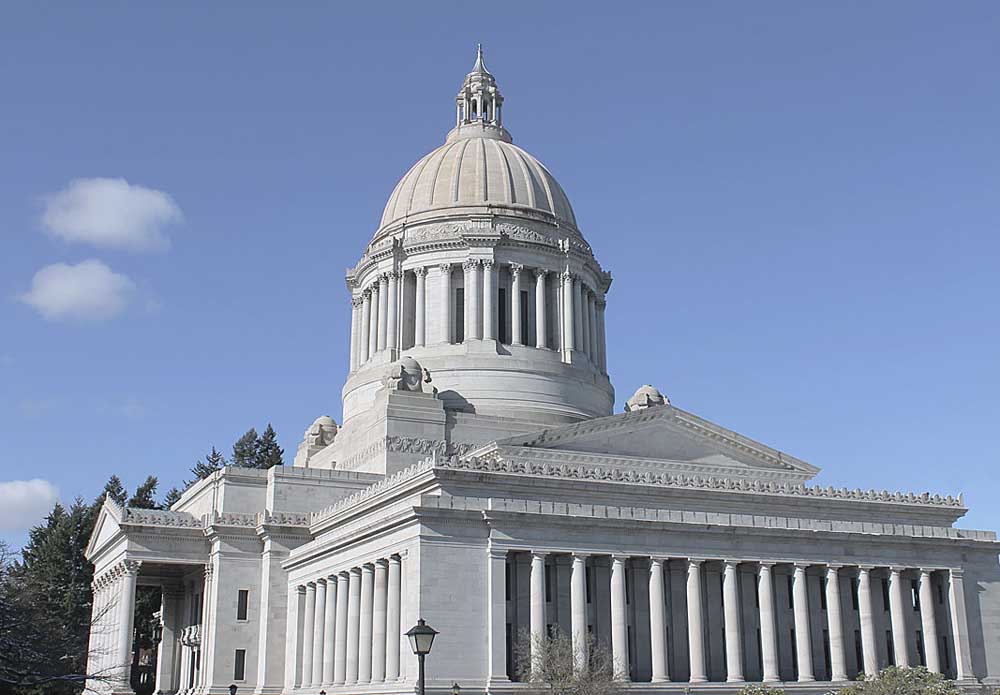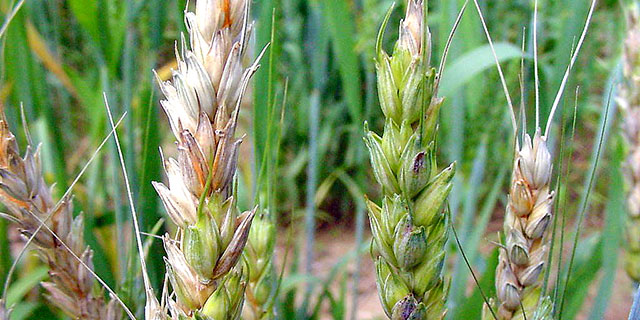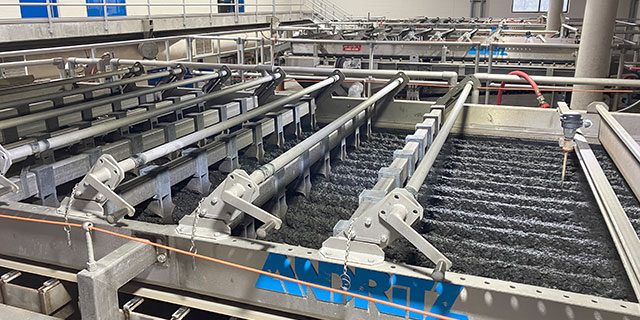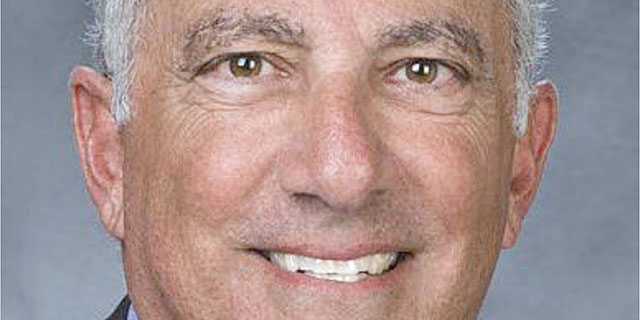Carbon farming bill passes Washington House
Published 11:00 am Thursday, March 5, 2020

- Washington State Capitol
OLYMPIA — A bill conceived by a Seattle climate-action group targeting agriculture’s carbon footprint passed the state House March 4 with the support of the Washington Farm Bureau.
The measure, already approved by the Senate, calls for public subsidies to increase carbon-storing organic material on farmland, such as by planting trees and cover crops, and buying no-till seed drills. Farm Bureau director of government relations Tom Davis described it as a “wonderful voluntary program.”
Proposed by Carbon Washington, the bill was initially opposed by the Farm Bureau. Farm lobbyists took part in rewriting the measure, deleting criticism of fossil fuels and agriculture’s “global pollution.”
The rewritten Senate Bill 5947 directs the Washington Conservation Commission to take the lead in setting up a program that distributes grants to farmers through conservation districts. The House version, which passed 74-22, must be reconciled with the version the Senate passed in January.
Carbon Washington’s policy chairman, Greg Rock, said Wednesday the rewritten bill retains the original proposal’s intent.
“I think it’s exactly spot on,” he said. “The Farm Bureau was tremendous in supporting this bill as it got to the final stages.”
Democrats have supported the bill throughout, and it has won some Republican votes. Many House Republicans, however, voted “no” Wednesday.
Rep. Mary Dye, R-Pomeroy, called the carbon-conservation program a “shiny new thing” that implies farmers need prodding to be conservationists.
“We don’t need carrots and lures to do the right thing by our land,” she said. “We’re not having a dustbowl during dry years, because we have managed the soil.”
The bill also has concerned farm groups that the new program will affect funding for other conservation district initiatives.
At the last House committee hearing before the floor vote, lobbyist Jim Jesernig, representing the Washington Potato and Grain commissions, said he was “barely pro” on the bill.
“The bill is a good bill,” he said. “The problem you’ve got is that once again the Legislature has come up with another hungry mouth to feed.”
Jesernig said conservation district programs that protect streams and habitat already are underfunded. “The worry I’ve had is this program with the carbon frenzy that is down here (in Olympia) right now will cannibalize these programs,” he said.
The Senate has proposed spending $99,000 in the coming year to set up the program. The larger debate over how much money to spend on carbon-storage projects may wait until next year.
The urban-based Carbon Washington has pledged to help farm groups lobby for more money for other conservation districts programs, not just the carbon-storage one. Davis of the Farm Bureau said Carbon Washington has kept that commitment.
“This is new ground we’re plowing in partnering with a group like Carbon Washington, but they’ve been faithful to their word,” Davis said.






